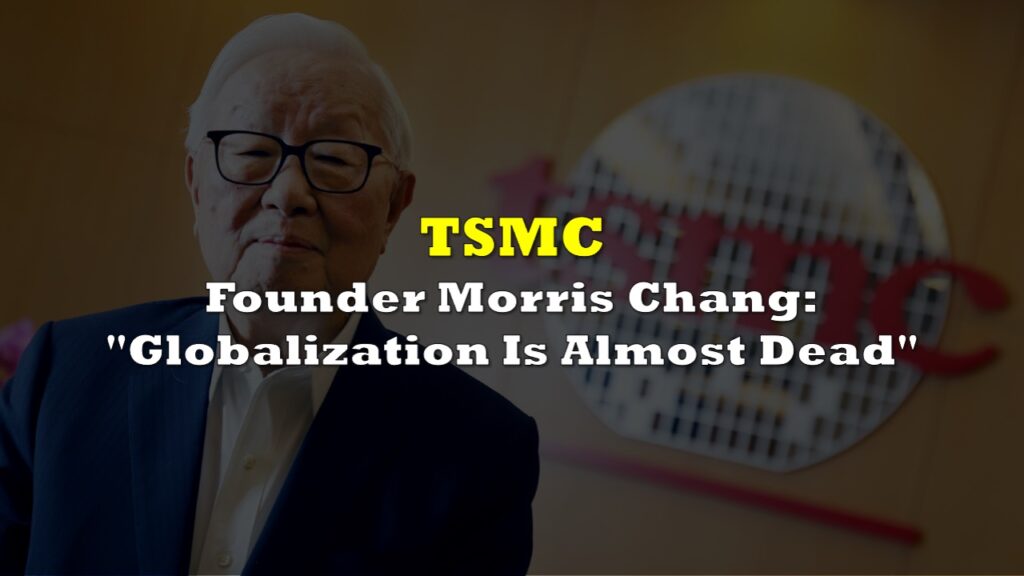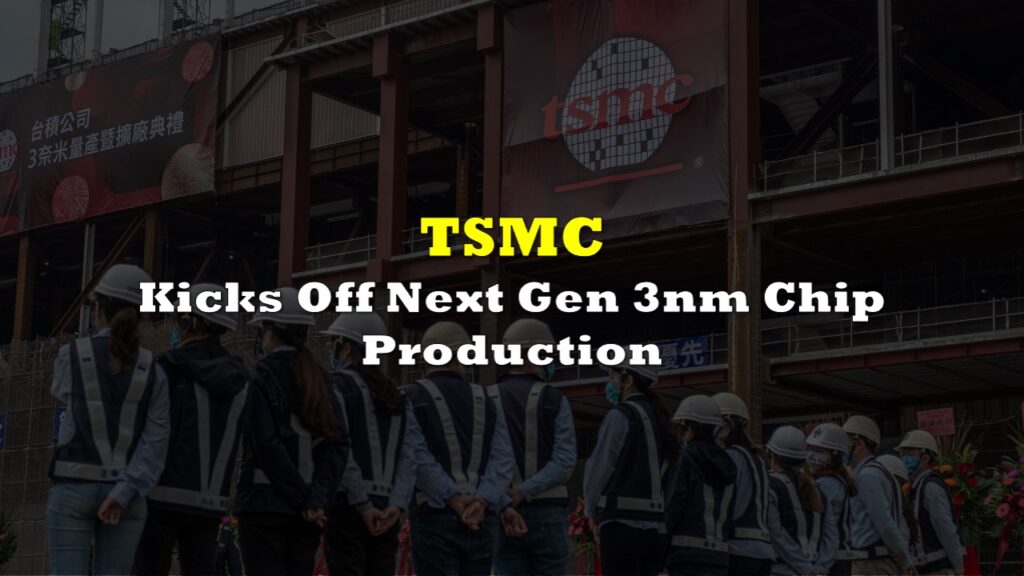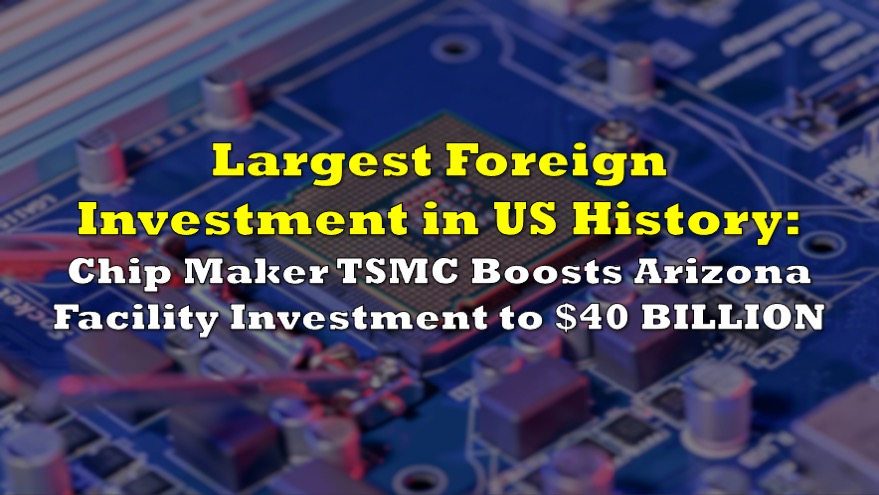Taiwan’s chipmaking giant Taiwan Semiconductor Manufacturing Co (TSMC) cannot produce its advanced 2-nanometer chips outside the island, Economy Minister JW Kuo declared last week, according to the Taipei Times.
Speaking at a legislative meeting, Kuo cited Taiwanese law, which requires domestic chipmakers to maintain a one-generation lead at home before deploying advanced technology overseas. For TSMC to manufacture 2nm chips in the US, it must first establish production of its top-of-the-line 1.6nm semiconductors (also known as ‘A16’) in Taiwan, planned for late 2026.
New Taiwan law bans TSMC from producing 2-nanometer (2nm) chips outside of the country.
— Clash Report (@clashreport) November 11, 2024
This ban also applies to the US.
TSMC must keep its most sophisticated technologies, like 2nm chip production, within Taiwan's borders for its national security. pic.twitter.com/aQyiMmry8o
The announcement comes as TSMC advances its $65 billion investment in Arizona, where three fabrication facilities are under construction. The company’s first US plant will begin 4nm chip production in December, with two additional fabs scheduled to produce 3nm and 2nm chips by 2028 and 2030, respectively.
The semiconductor giant recently halted production of 7nm and more advanced chips for Chinese AI clients, following US restrictions on technology exports to China. The November 11 cutoff aligns with Taiwan’s stated policy of complying with US technology restrictions while seeking opportunities within these constraints.
The production limitations come as Taiwan faces growing pressure from the United States, especially with the anticipated return of Donald Trump to the presidency. Trump, who has recently criticized Taiwan over trade imbalances and security costs, has suggested that Taiwan should contribute more for US defense support.
He has also expressed dissatisfaction with the CHIPS and Science Act, which subsidizes chipmakers like TSMC, arguing that tariffs would have been a better approach. TSMC is set to receive substantial U.S. government support through the Act, including grants worth $6.6 billion and loans up to $5 billion. The Biden administration has sped up the process to finalize this funding before the upcoming administration change.
“Although TSMC plans to make 2-nanometre chips [abroad] in the future, its core technology will stay in Taiwan,” Kuo confirmed, highlighting the island’s commitment to maintaining its technological edge in semiconductor manufacturing.
Information for this story was found via the sources and companies mentioned. The author has no securities or affiliations related to the organizations discussed. Not a recommendation to buy or sell. Always do additional research and consult a professional before purchasing a security. The author holds no licenses.









